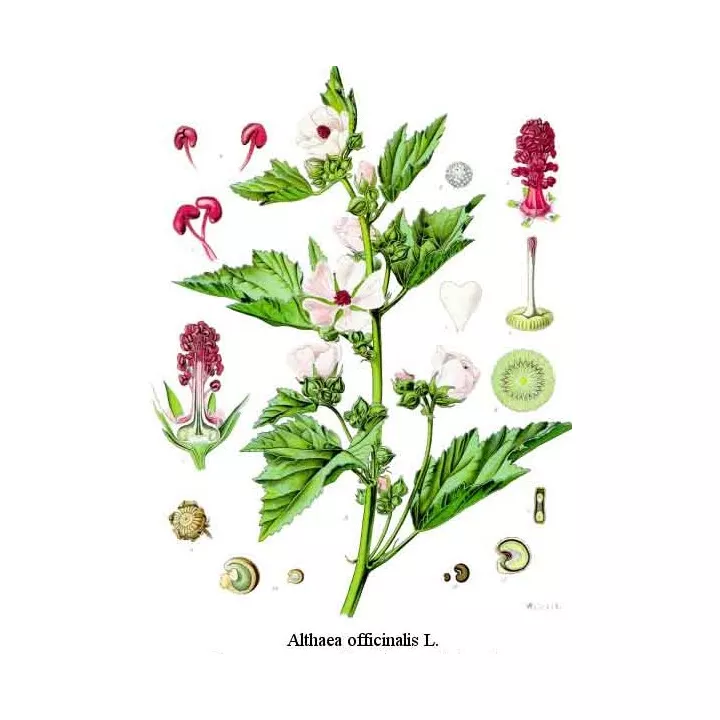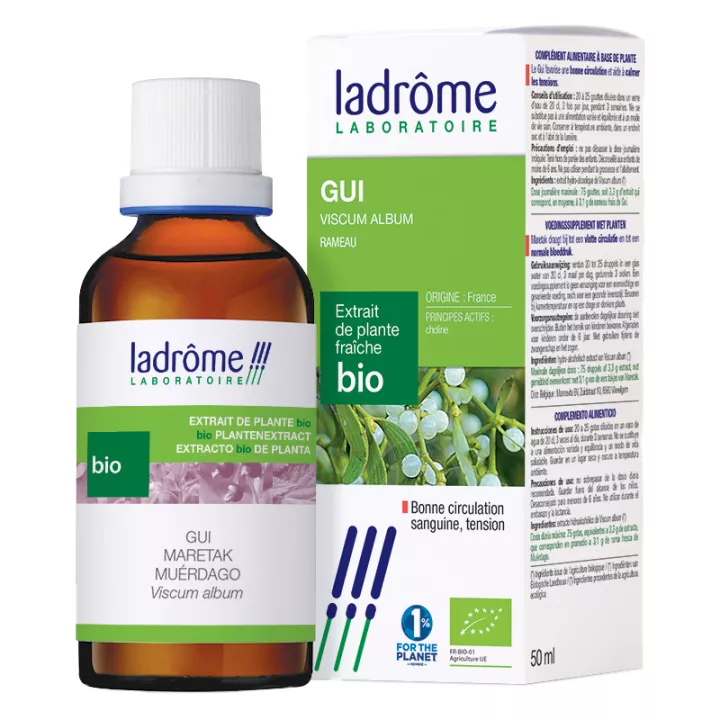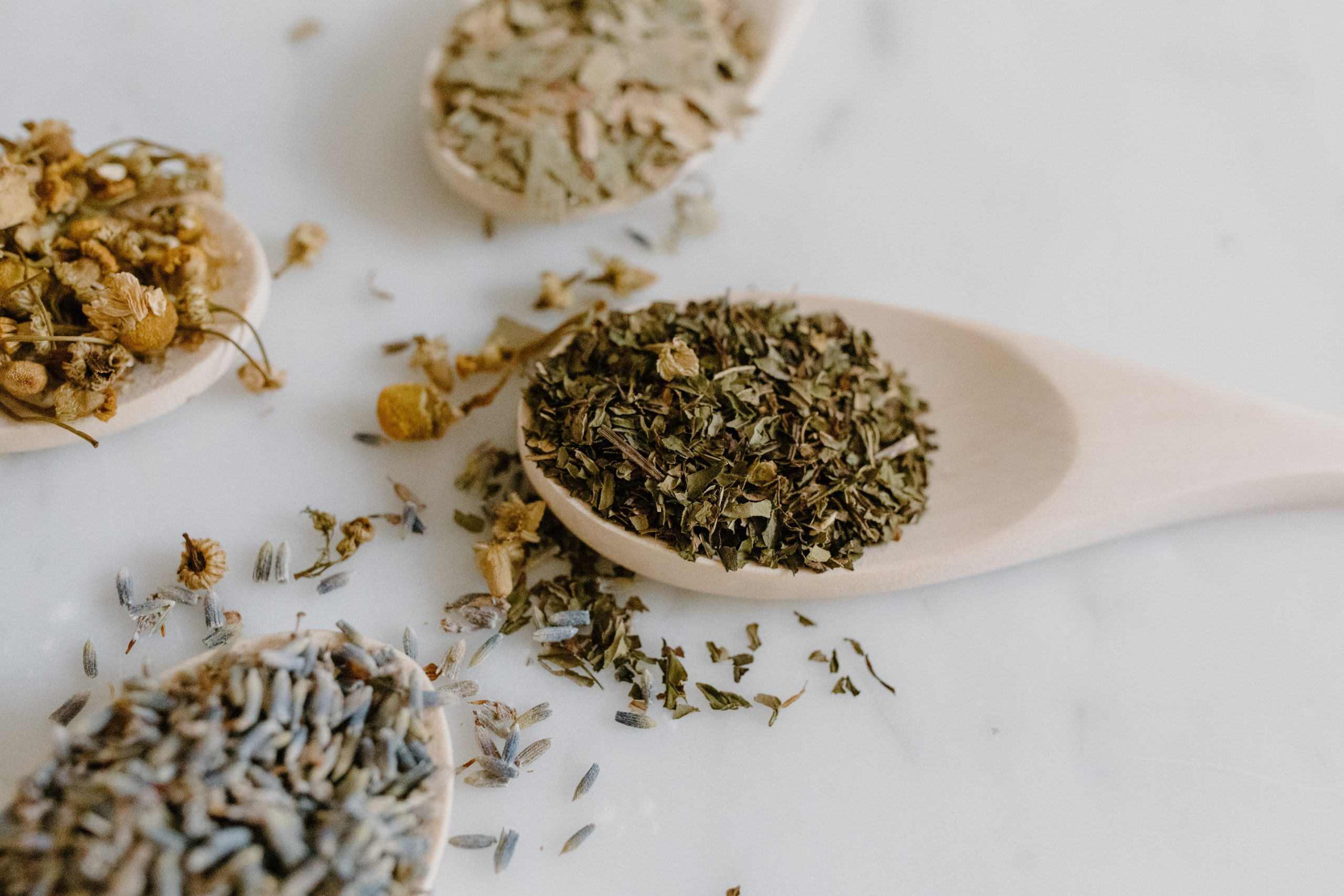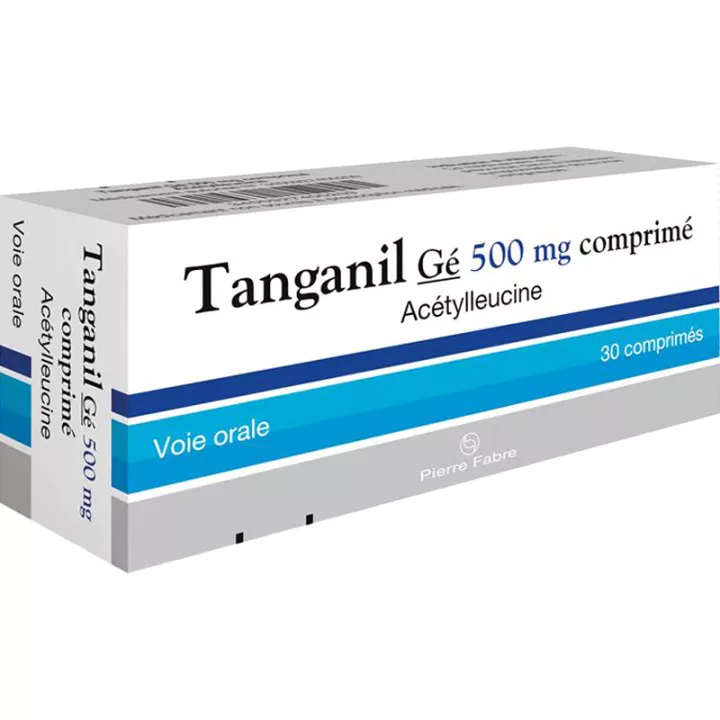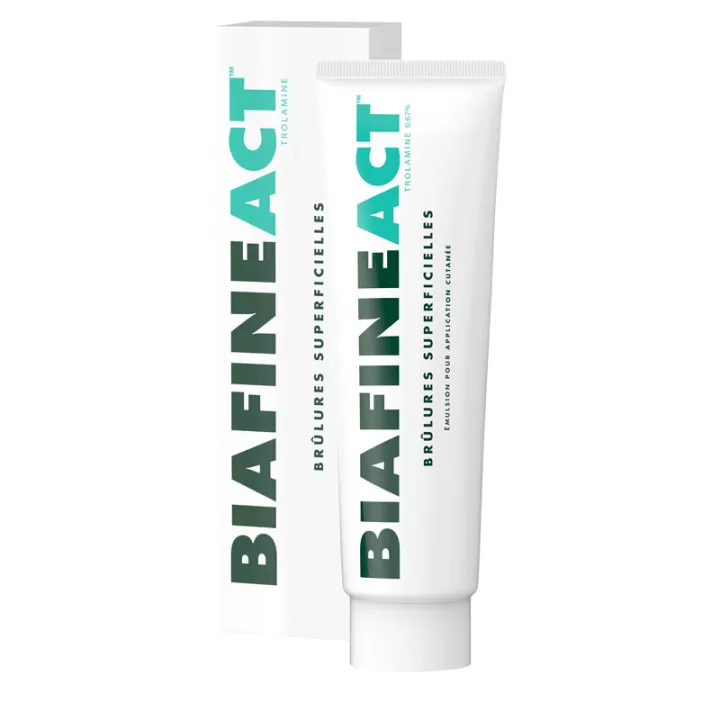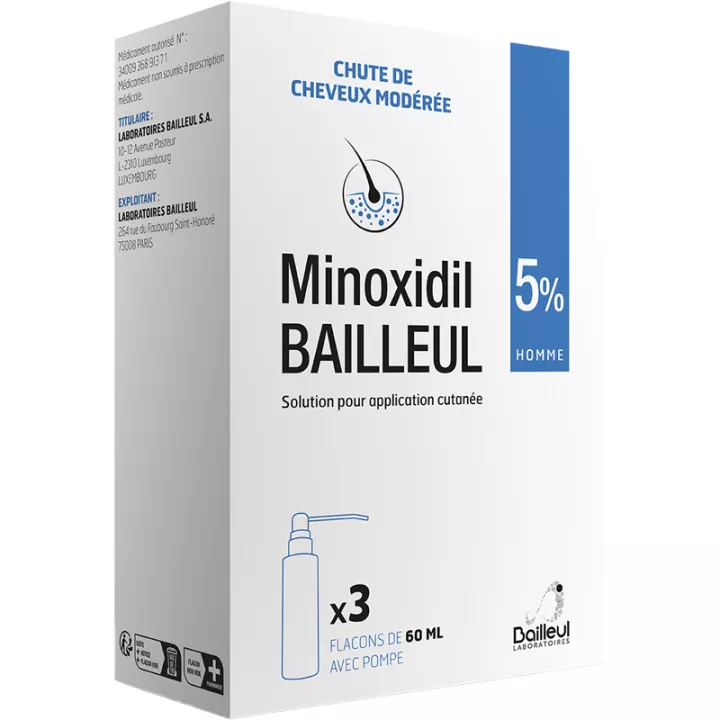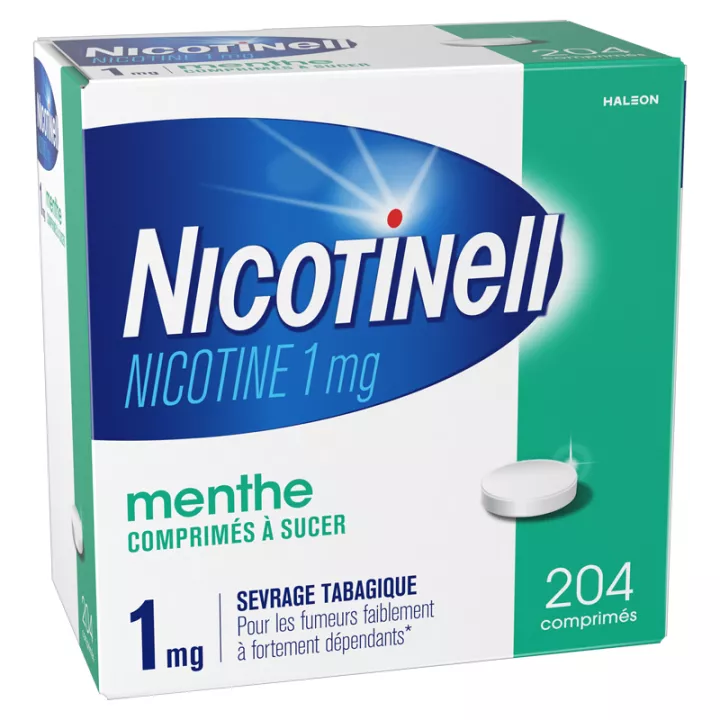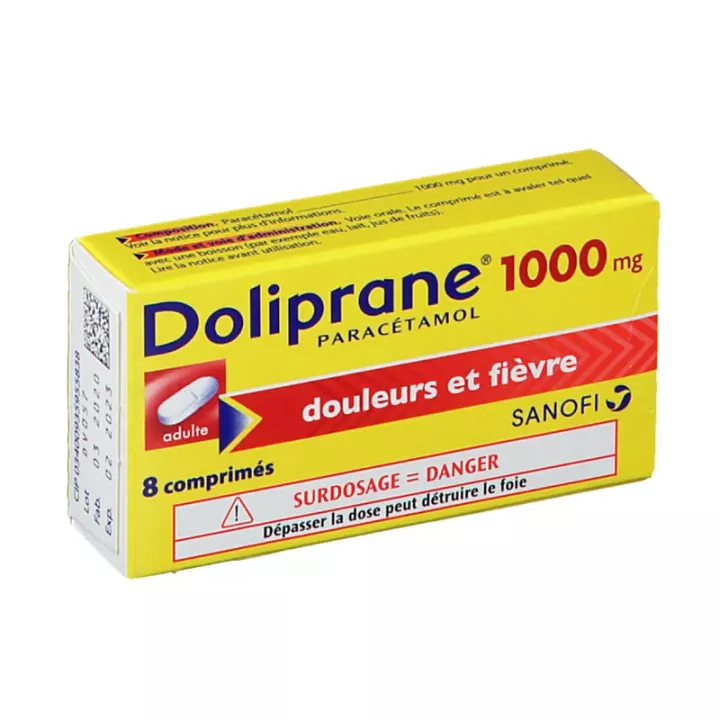What is Mistletoe Leaf Iphym Herboristerie Viscum album L. used for?
Mistletoe, the emblematic plant often associated with the festive season, is much more than just a Christmas decoration. Its leaves have exceptional medicinal properties, recognized for centuries in herbal medicine. They are particularly prized for their benefits to the immune system, their hypotensive action and their anti-tumor potential.
Mistletoe leaves stimulate the body's natural defenses by promoting the production of white blood cells, essential for fighting infection. This immune stimulant is an invaluable ally against winter ailments, notably to protect against viral infections such as the flu. By strengthening the immune barrier, it helps prevent common illnesses and supports recovery from infection.
One of mistletoe 's most sought-after properties is its hypotensive effect. By dilating blood vessels, it naturally reduces blood pressure, making it particularly useful for people suffering fromhypertension. Mistletoe's hypotensive effects are particularly beneficial for women going through menopause, a period often marked by fluctuations in blood pressure. Used as an adjuvant in the treatment ofarteriosclerosis, mistletoe helps improve overall cardiovascular health.
Mistletoe is also renowned for its anti-tumor properties. Although the use of mistletoe in this context is still under study, some research suggests that substances present in its leaves, such as lectins and viscotoxins, may inhibit the proliferation of certain cancer cells. These properties make mistletoe an interesting addition to integrative therapies, although its use should always be under the supervision of a health professional.
Mistletoe leaves have antispasmodic and nervous sedative effects. They are particularly suitable for relieving nervousness, spasmodic pain and certain nervous system disorders such asepilepsy and chorea. Thanks to its calming effects, mistletoe can be used to promote general well-being and bring a sense of relaxation, ideal in cases of intense stress or nervous tension.
In addition to its benefits on tension and the nervous system, mistletoe has a notable diuretic action, facilitating the elimination of nitrogenous waste such as uric acid. This detoxification process helps prevent ailments such as gout and maintain an optimal balance in lipid metabolism. By stimulating elimination functions, mistletoe also helps maintain normal cholesterol levels and support blood circulation.
Mistletoe is also used for its haemostatic properties, i.e. its ability to prevent bleeding. This is particularly beneficial in cases of frequent bleeding or vascular disorders. It is recommended for women suffering from post-menopausal haemorrhage or for anyone prone to congestive haemorrhage. However, it must be used in the correct dosage to avoid undesirable effects.
Iphym also offers Marshmallow Root at the best price in our online pharmacy.
How to use this plant
To take full advantage of the benefits of Iphym Herboristerie Mistletoe Leaves Viscum album L., here's how to prepare them:
- Take 20 grams of mistletoe leaves and place in 1/2 liter of water.
- Leave to macerate overnight to release the active ingredients.
- In the morning, bring the mixture to the boil, then remove from the heat.
- Consume this infusion throughout the day, between meals, in small doses.
This method of use allows you to take full advantage of the hypotensive and sedative properties of mistletoe leaves, while respecting the recommended doses.
Give your opinion on the advice for use and dosage of Mistletoe Leaf Iphym Herboristerie Viscum album L. with our partner Verified opinions after your purchase.
Precautions for use
Mistletoe must be used with caution due to the toxicity of some of its parts, particularly the berries, which can cause serious digestive or cardiac disorders if ingested in large quantities. It is therefore imperative to respect the maximum recommended doses to avoid any risk.
Mistletoe is contraindicated for people suffering from brain tumors, due to its pro-inflammatory effects. Its use is also not recommended in cases of leukemia and lymphoma. When treated with viscum extracts, local inflammatory reactions or fever may occur, indicating a beneficial effect on immunity. If necessary, take at intervals to attenuate these effects.
What is its composition?
Mistletoe leaves Iphym Herboristerie Viscum album L. contain the following substances: Lectins, Viscotoxins, Phenylpropanes and Lignans, Flavonoids, Caffeic acid derivatives, Biogenic amines, Choline, Histamine, Acetylcholine, Polysaccharides, Saponosides.
Latin name: Viscum album L.
Family: Loranthaceae
Common names : Blondeau, bois de Sainte-Croix, bouchon, gillon, verguet, verquet, vert du pommier
Parts used: leaves
Presentation
This product is available in 50 g, 100 g, 250 g or 1 kg sachets, depending on your needs.



